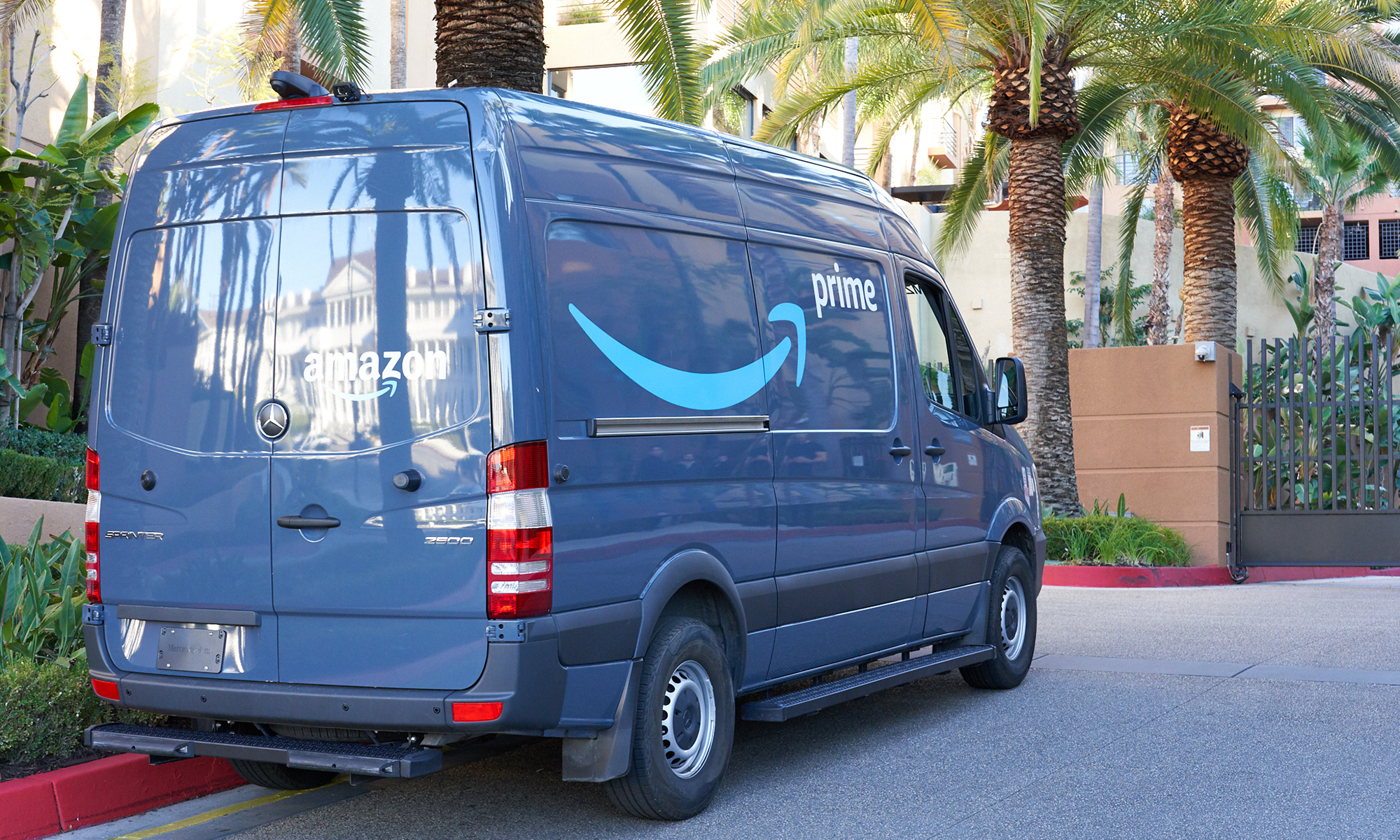For an aspiring author of popular fiction, there can be few phrases more defeating than "Maybe you should just self-publish." Self-publishing, through so-called "vanity presses," has been big business in the last few years. As more and more people start blogs, write popular posts on social media sites, and purchase e-books, the option to self-publish that series of essays on the moral failings of Martin Van Buren starts to look more appealing.
The catch is in the name -- vanity press publishing often means publishing something just to make yourself feel good, not to reach a wide audience. According to one report from Forbes, the average self-published book sells just 250 copies. Consider also that some successes weight the average -- Karen McQuestion's A Scattered Life, for example, sold 36,000 copies -- and self-publishing can start to look like a good way to burn cash.
Enter Amazon.com (AMZN +0.44%).
Amazon Publishing and Kindle Direct to the rescue
The online doer-of-all-things has a publishing arm that covers 14 different imprints and most major genres. Amazon has the benefit of owning the whole operation, from soup to nuts. It can edit, publish, and promote books in a way that other publishers cannot, at least not without spending a great deal of money.
Outside of its more traditional publishing business, Amazon's Kindle Direct Publishing brings the same sort of machine to self-published e-books. Authors can earn up to 70% of royalties from sales, a staggering amount in a world where printed book royalties usually come in under 15%. Kindle Direct had a swath of successes last year, with 150 authors selling more than 100,000 copies of their book.
Between the two options, Amazon now offers authors a host of new ways to publish books. In the grand scheme, the books are no longer driving Amazon. Total media sales account for roughly 20% of Amazon total revenue. The business is putting the pressure on competitors, though, as Amazon is becoming the only bookseller in town. That's going to make it harder for traditional publishers to compete with Amazon's operations, especially when Amazon has control over promotions.
Fighting the inevitable
Businesses such as Pearson (PSO +0.14%) are finding it harder to compete, which probably helps explain the publisher's $90 million gamble on the Barnes & Noble Nook, a direct competitor with Amazon's Kindle, back in 2012. Unfortunately, that business is floundering, and it seems unlikely that Pearson is going to see the upside it was hoping for.
That has put the company on its back foot, with small sales increases and flatlined income growth. Pearson is finding the digital transition hard to master, and Amazon is taking full advantage of its position at the top of the charts.
As always, perspective is key. Amazon's 150,000 sellers were outpaced last year by traditional publishers. The Great Gatsby, which was first published in 1925, sold 1.5 million copies in 2013, thanks to the movie release. Still, Amazon's publishing services and imprints are on the rise, and one day the next F. Scott Fitzgerald is going to send off his manuscript to Amazon. Break out the tablets.







